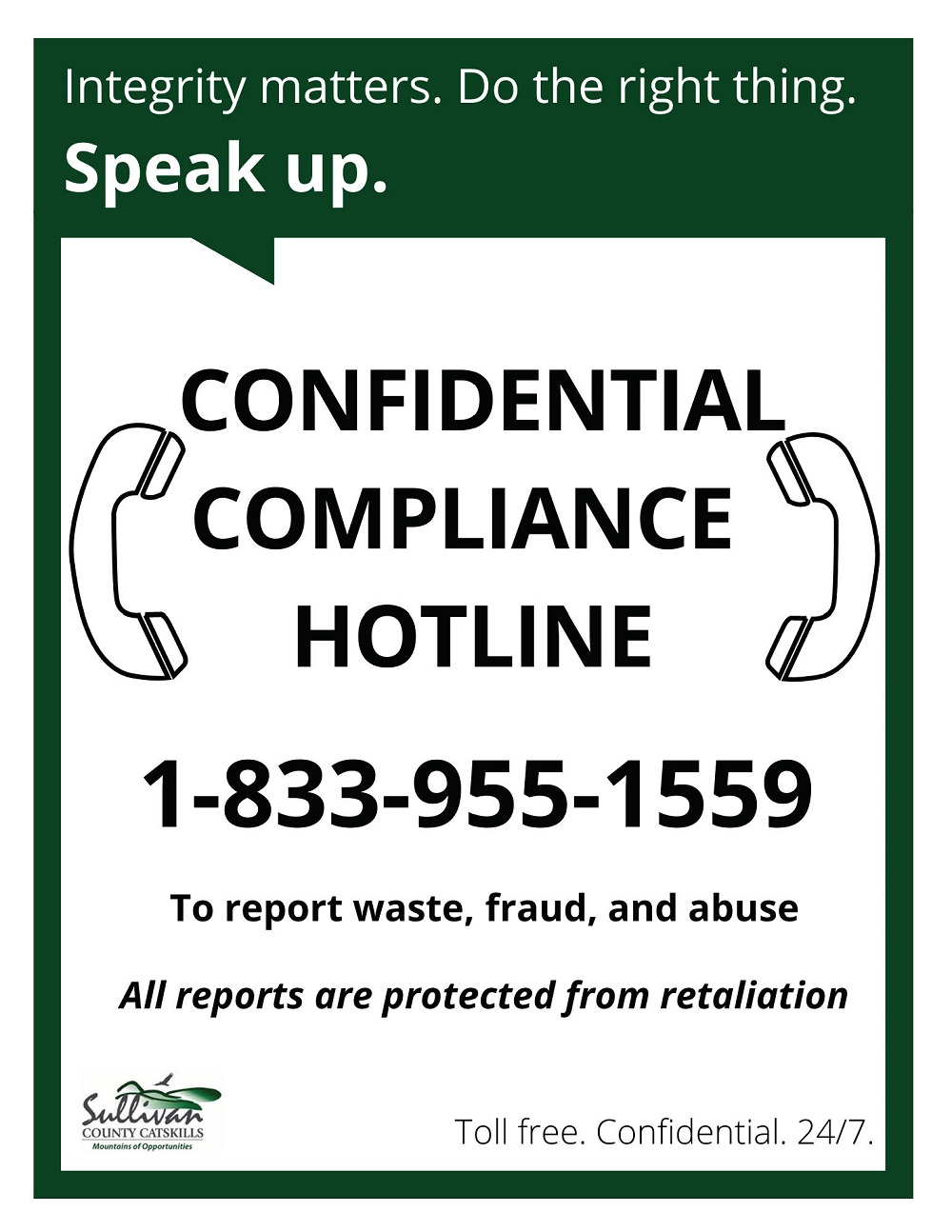According to New York State Law, members of municipal Planning Boards and Zoning Boards of Appeals must complete a minimum of four (4) hours of training on topics relevant to their respective roles as decision makers for their communities. The Town/Village Board is responsible for setting the parameters of what is considered acceptable training to receive credit. In order to facilitate this, we will share opportunities for meeting these requirements and understanding land use issues that the County is facing.
If you have a topic that you feel should be addressed in an upcoming event, please email us at planning@sullivanny.gov.
Upcoming Training Opportunities
To register, please e-mail us at planning@sullivanny.gov
NYS Department of State
Date: Thursday, August 28th
Time: 4:00pm - 8:00pm
Location: Sullivan County Government Center, 100 North Street, Monticello, NY 12701
Courses to be offered:
-Special Use Permits
-Area Variances: A Deep Dive
-Revising Zoning
In Case You Missed It
Click the titles to view the following pre-recorded trainings:
Hot Button Land Uses: Presenters from the NYS Department of State Division of Local Government Services discuss issues surrounding the review of potentially controversial and/ or newer land uses. Local governments are not able to regulate all uses the same way: some uses have special statutory protection or rules established through case law and require special consideration, such as religious uses, mining, and telecommunications facilities. Other uses might be new to the local officials attempting to regulate them, such as solar energy facilities, barn weddings, short-term rentals, and marijuana dispensaries. This course is an overview of some of the land uses that many local officials find challenging, along with the statutory rules and case law associated with them and options for regulating them.
Simplify that Code: Author, lecturer and site designer, Mr. Arendt is the country's most sought-after speaker on the topic of preservation of rural land and character. Arendt’s training will cover examples of shorter, less complicated form-based codes that are well suited to municipalities with limited financial resources and limited staff. It will also cover alternatives such as even more basic (and easily implemented) form-based design standards that have produced excellent results along with “good neighbor” performance standards to ensure compatibility when different uses are mixed or located close together. Arendt includes the natural environment in this form-based approach, offering examples on landscaping parking, planting and maintaining shade trees, retaining existing trees, and places for stormwater infiltration.
Subdivision Review: Training will include an overview of the statutory authority for municipalities to review subdivisions. Discussion will focus on the elements of a subdivision plat—layout of lots and infrastructure—along with concepts such as deep lot development and clustering. Review procedures are also addressed, including State Environmental Quality Review (SEQR), county referral, public hearings, decision-making, and the possibility of default approvals.

